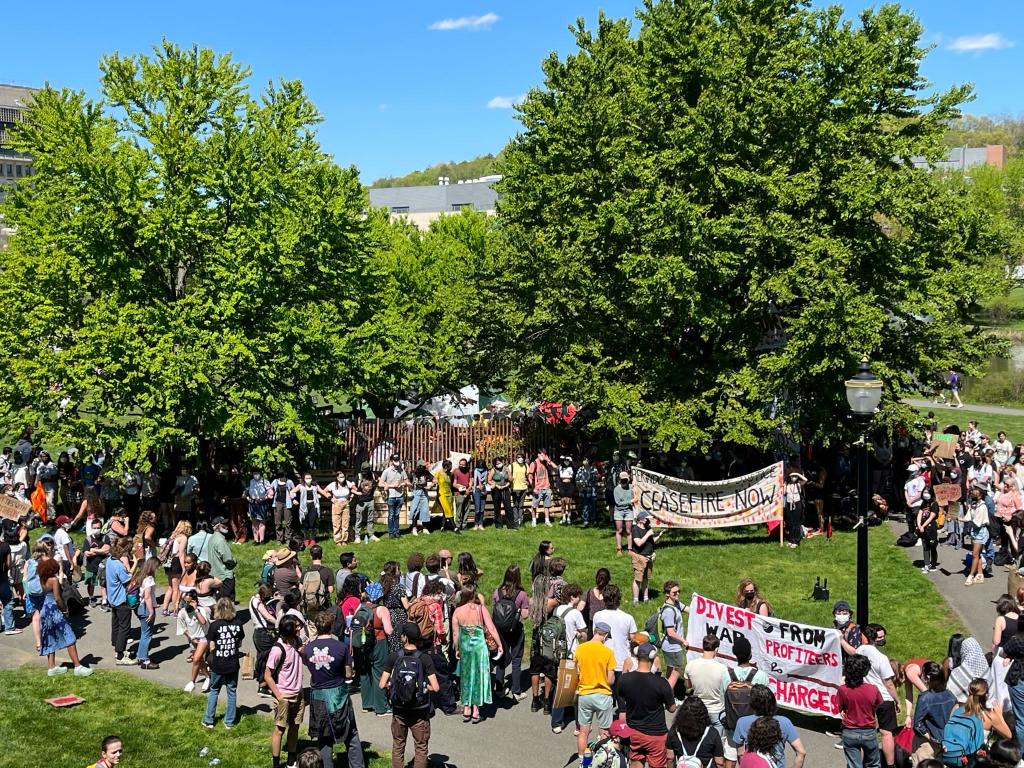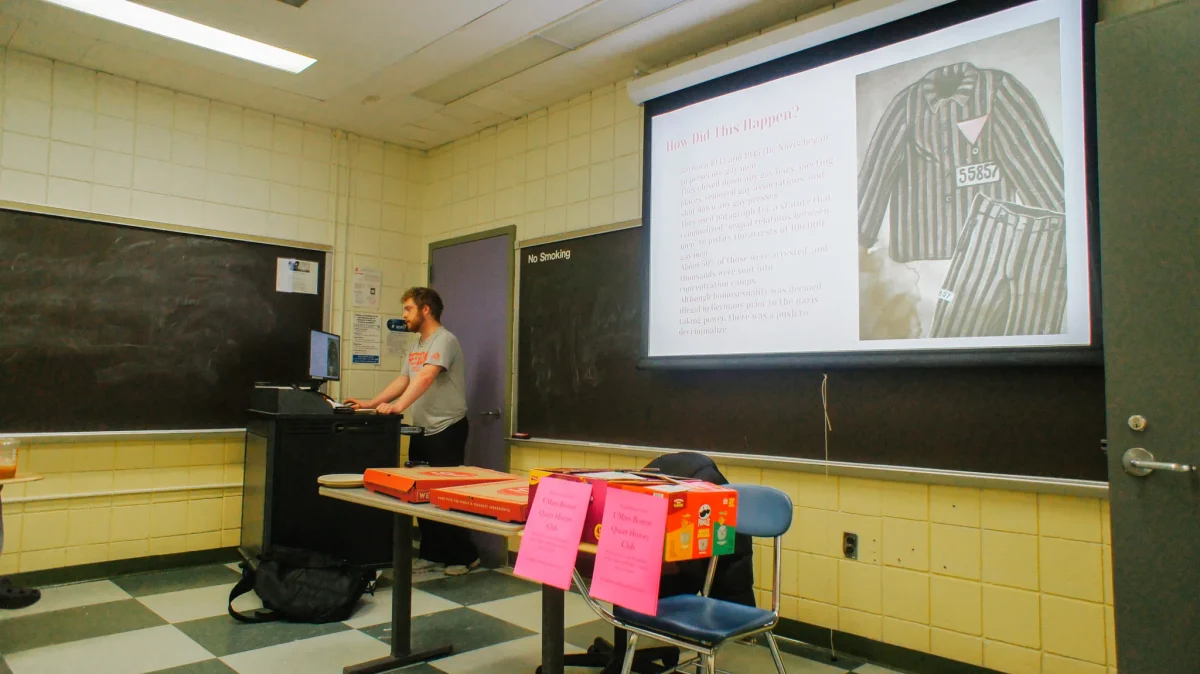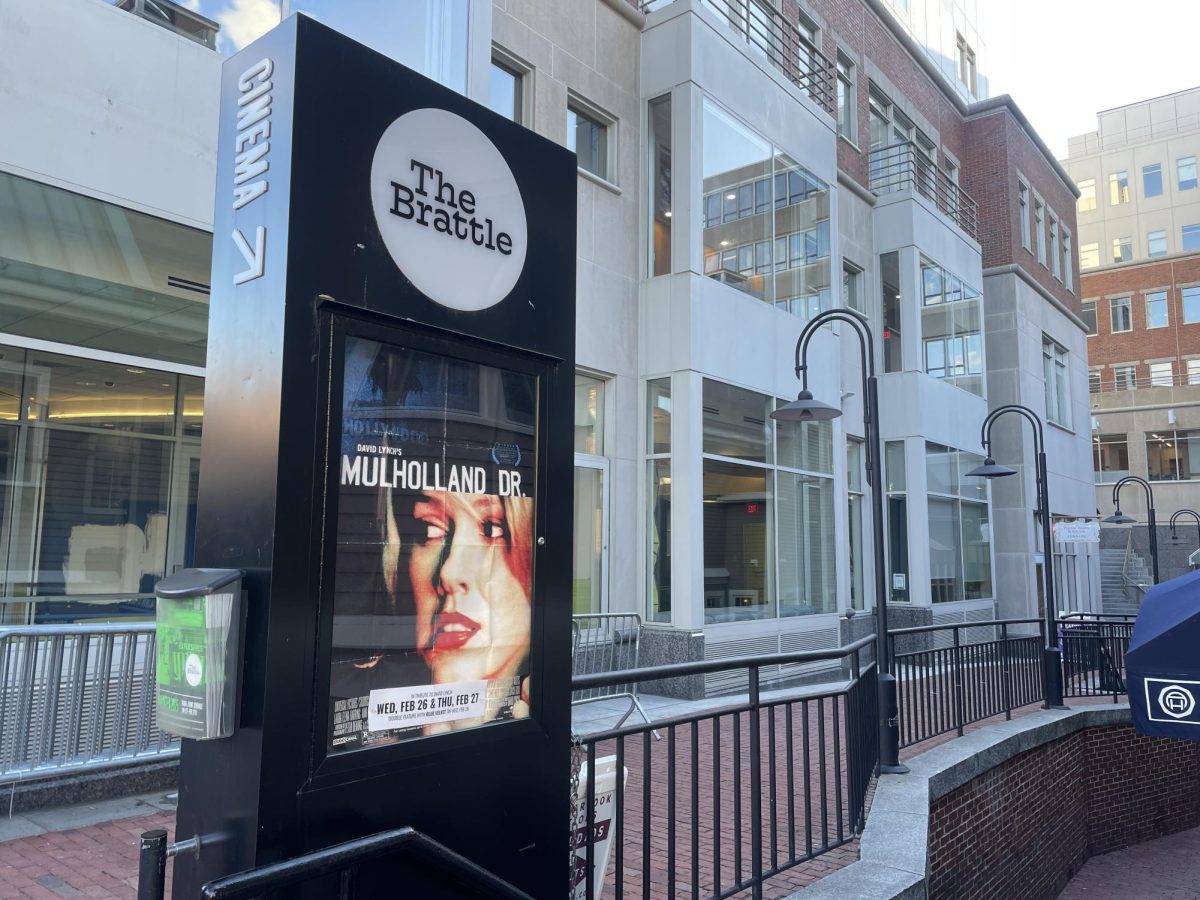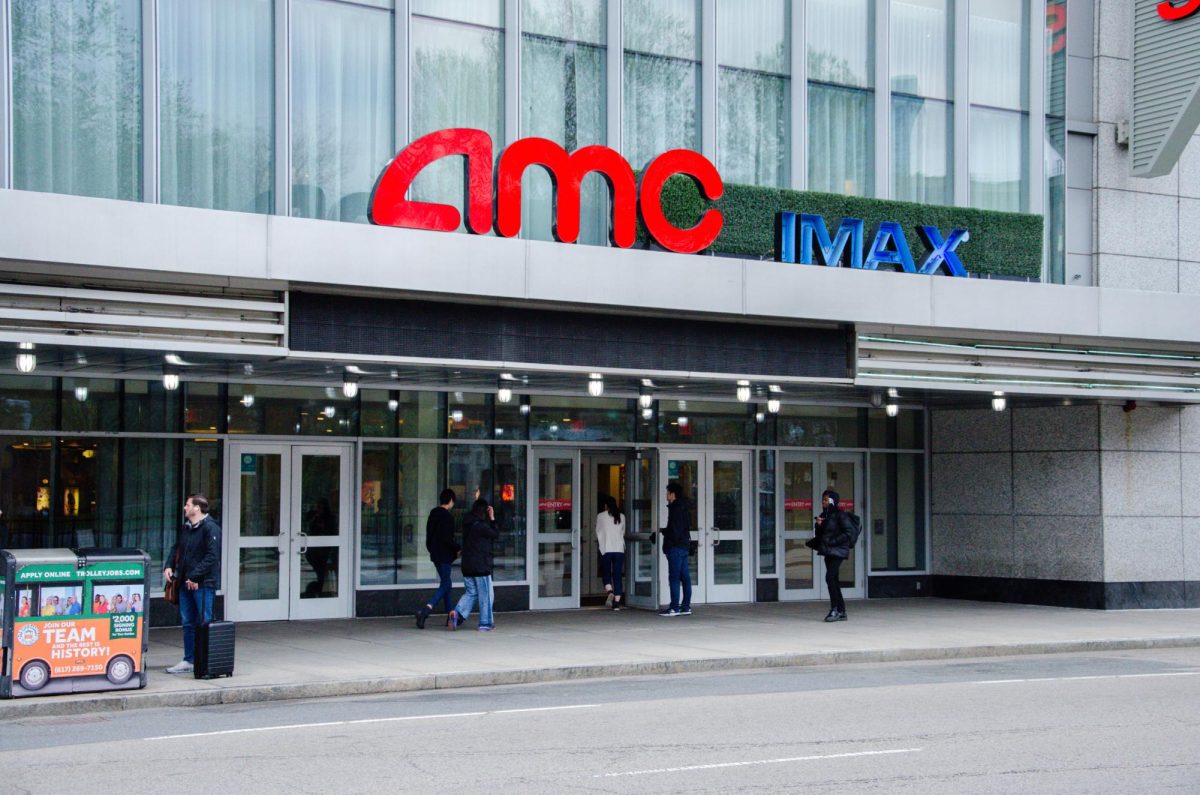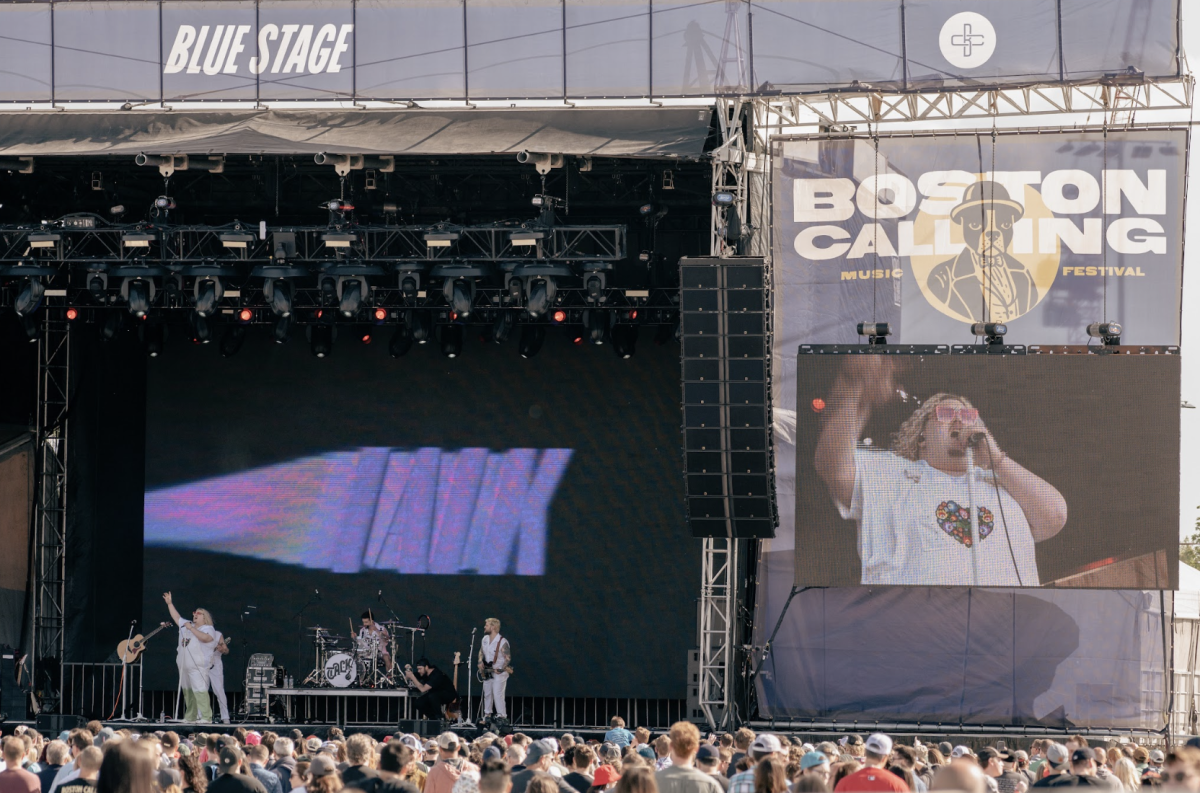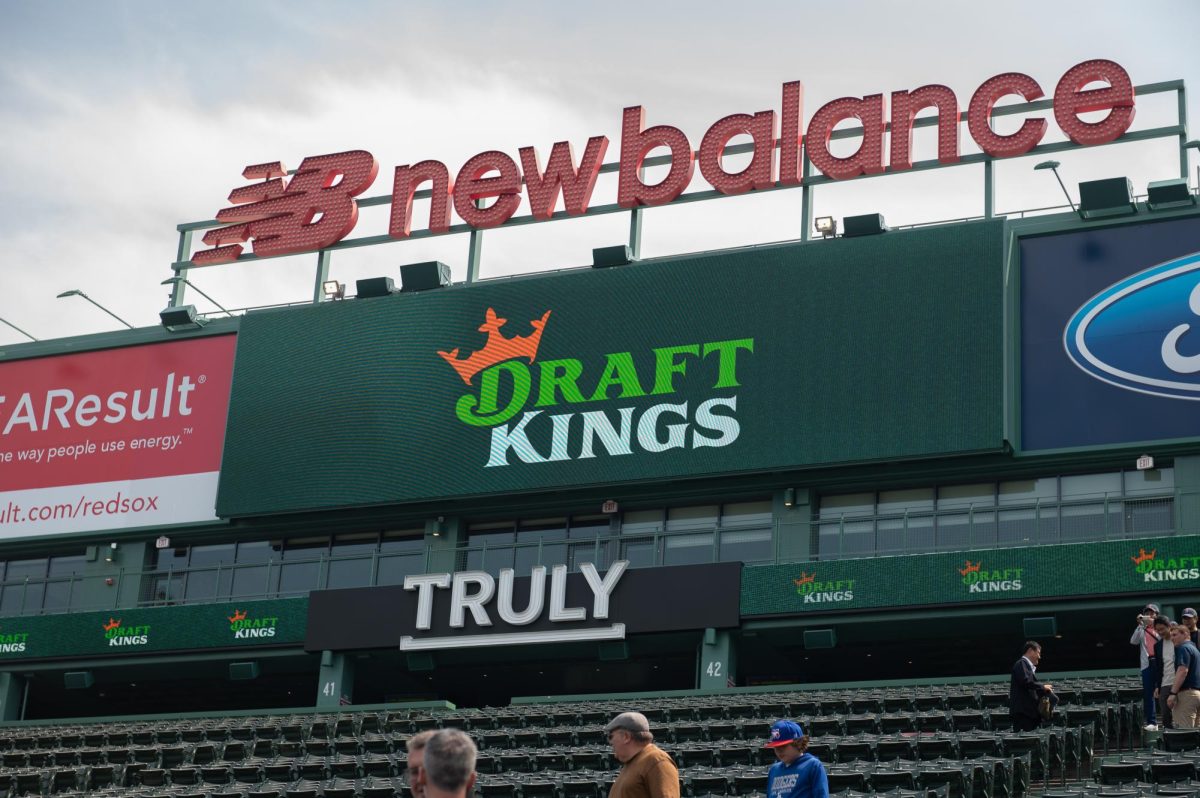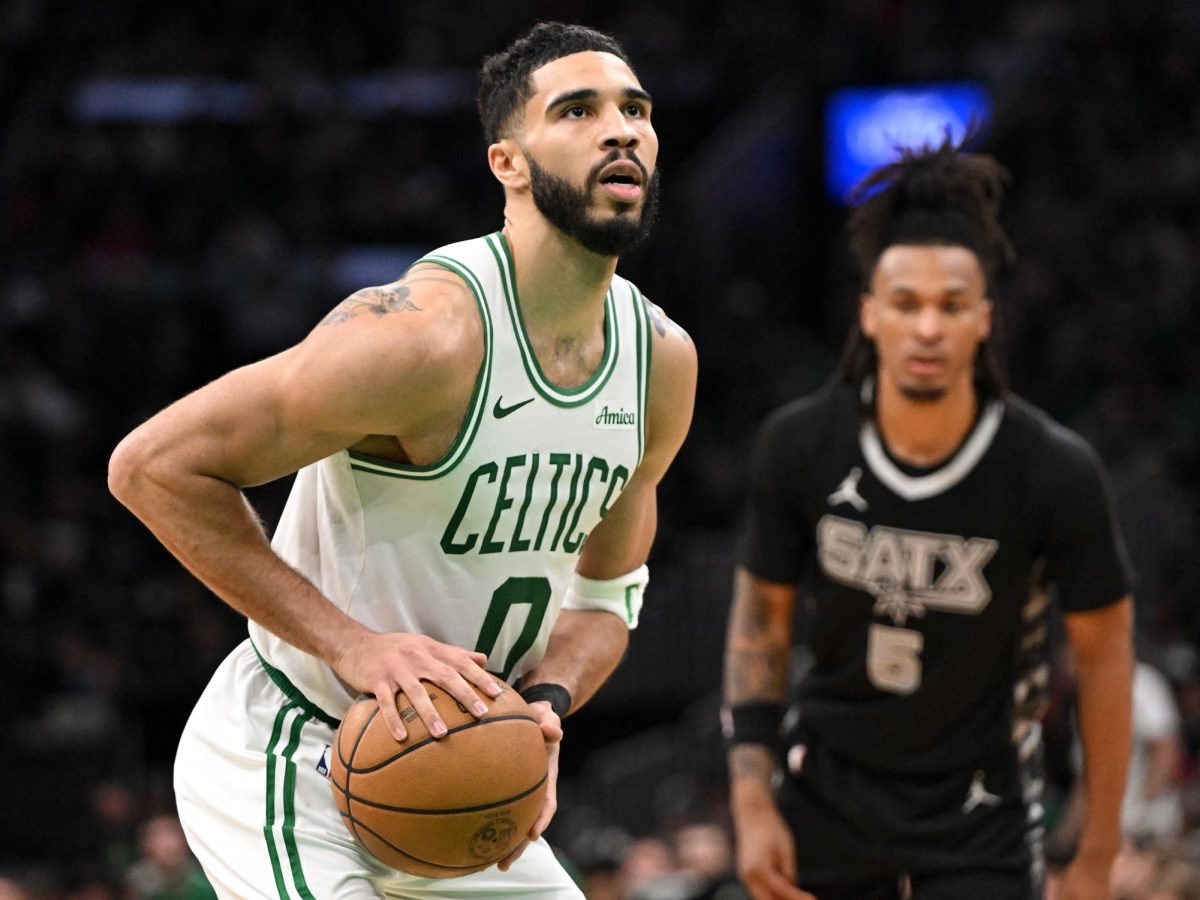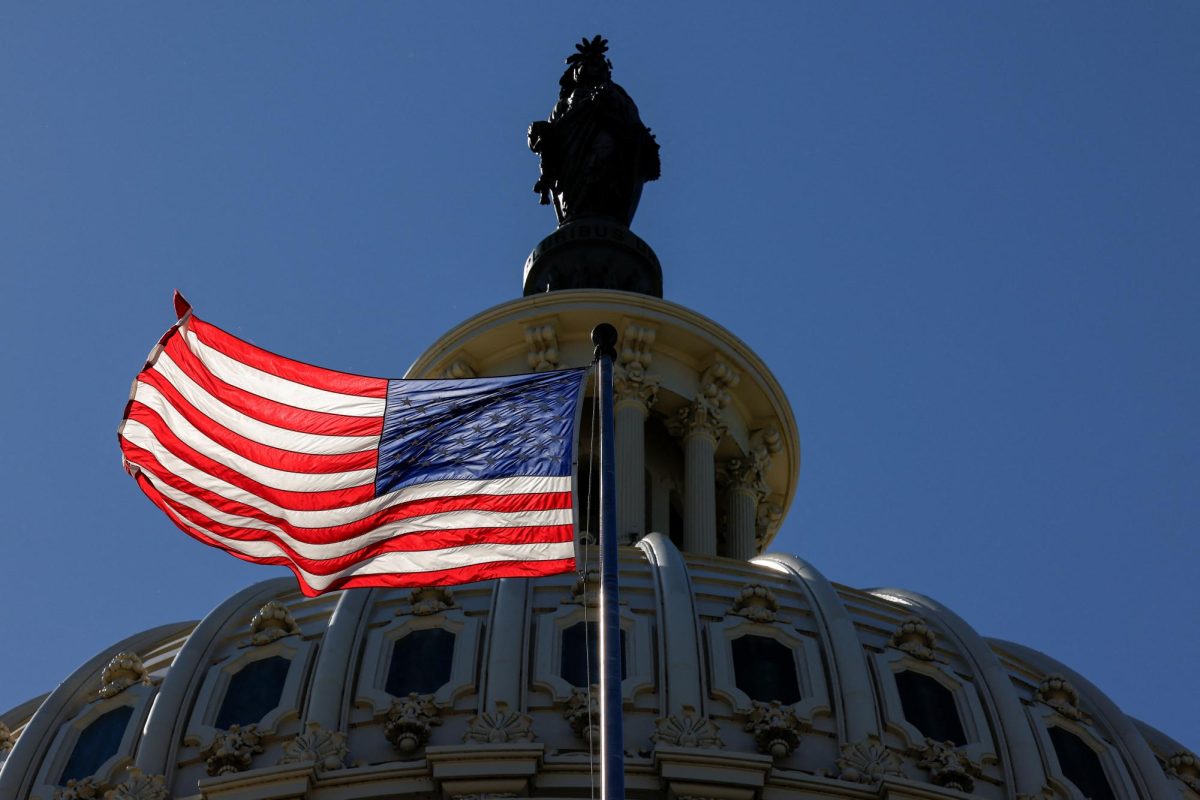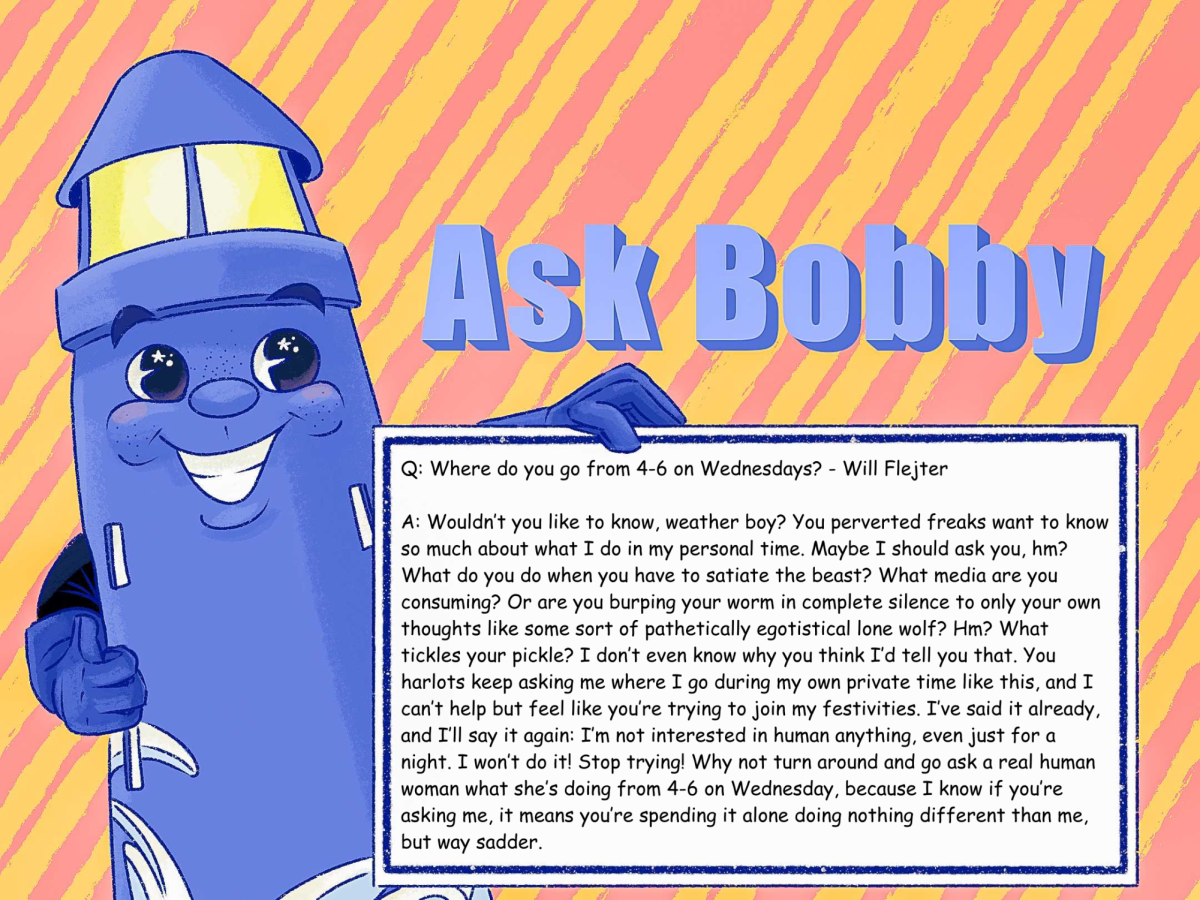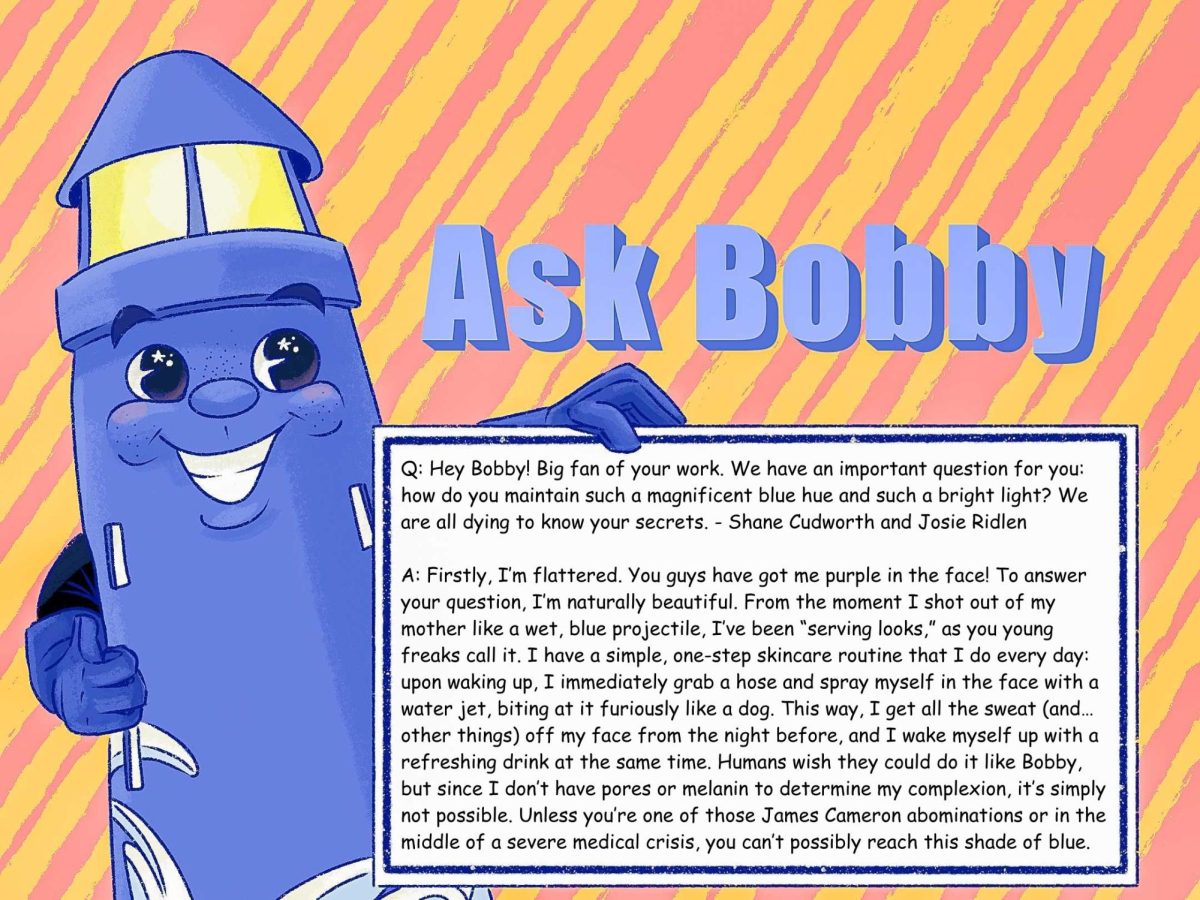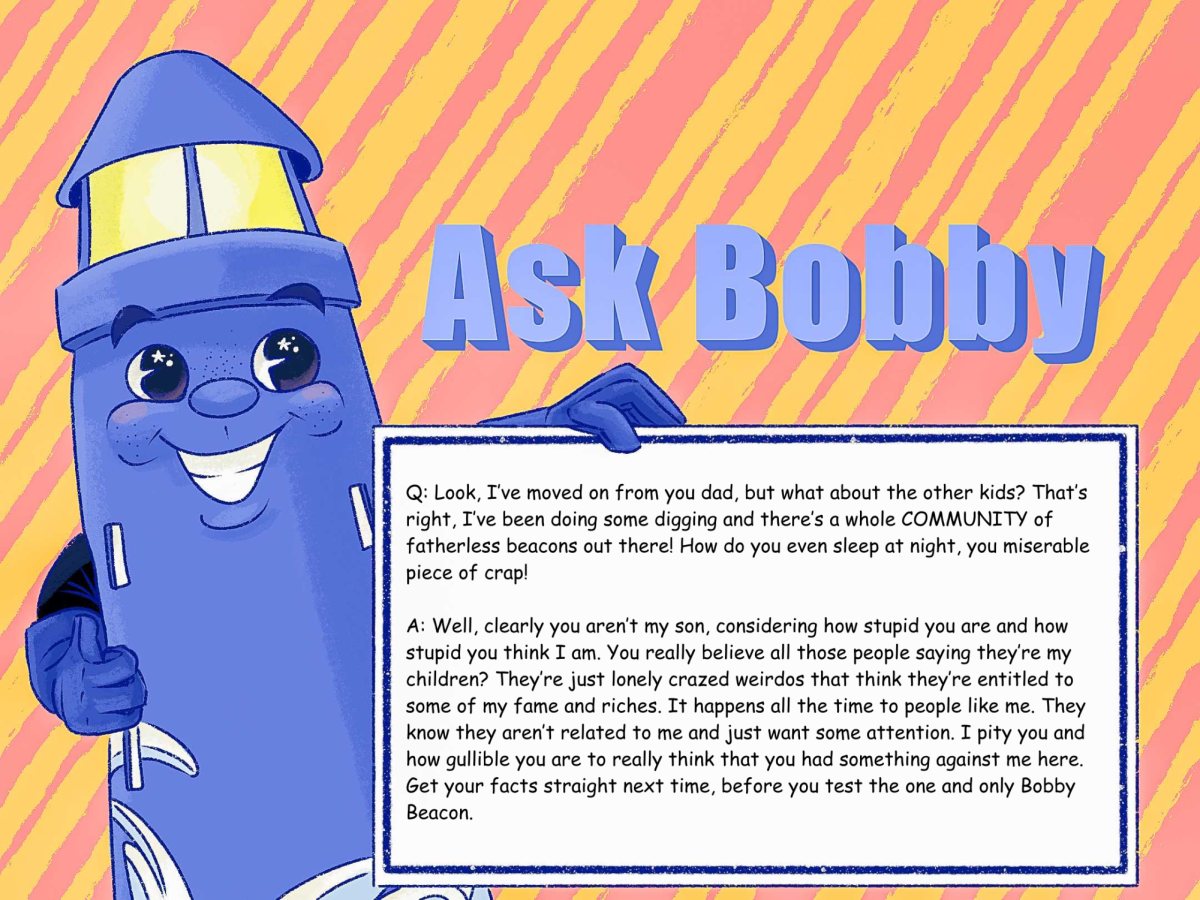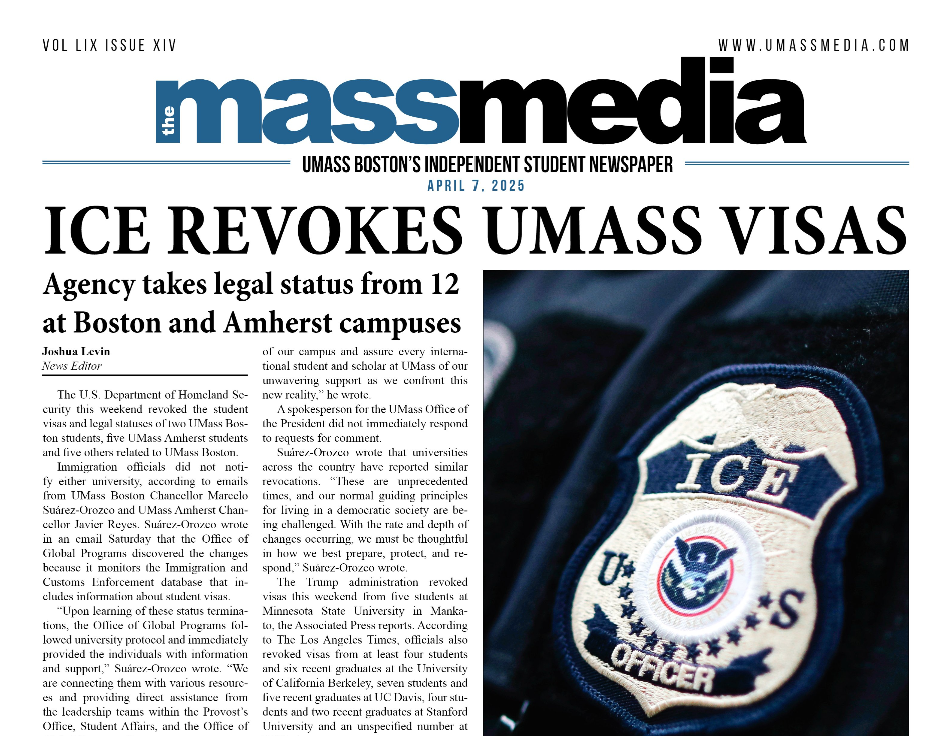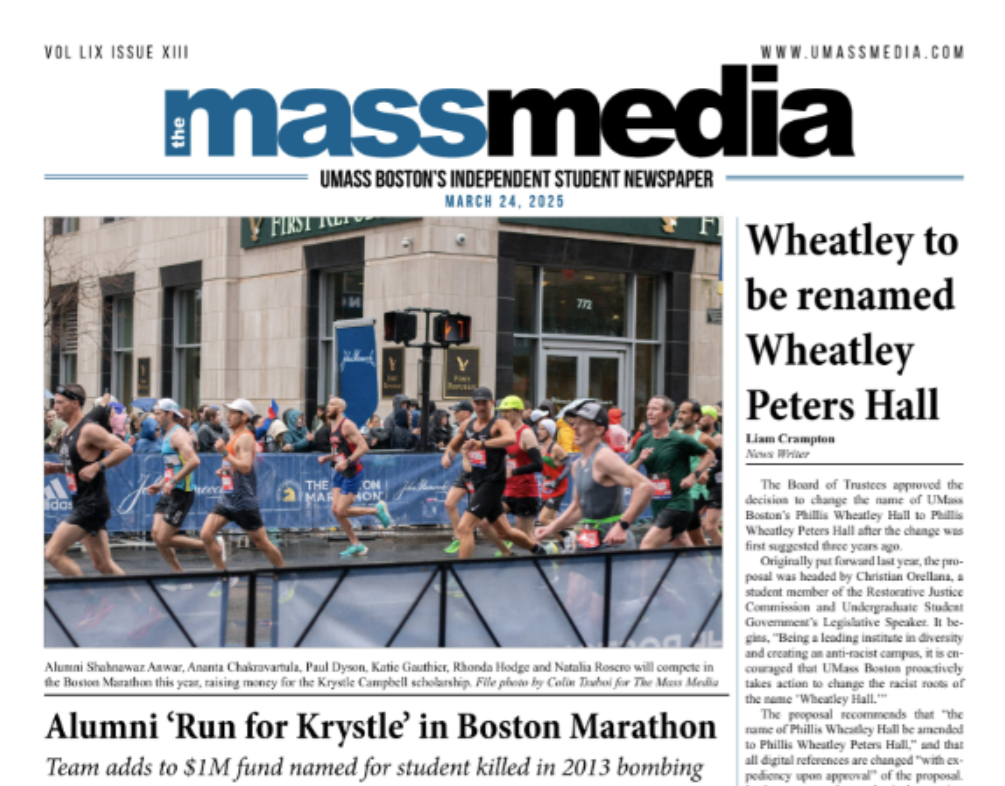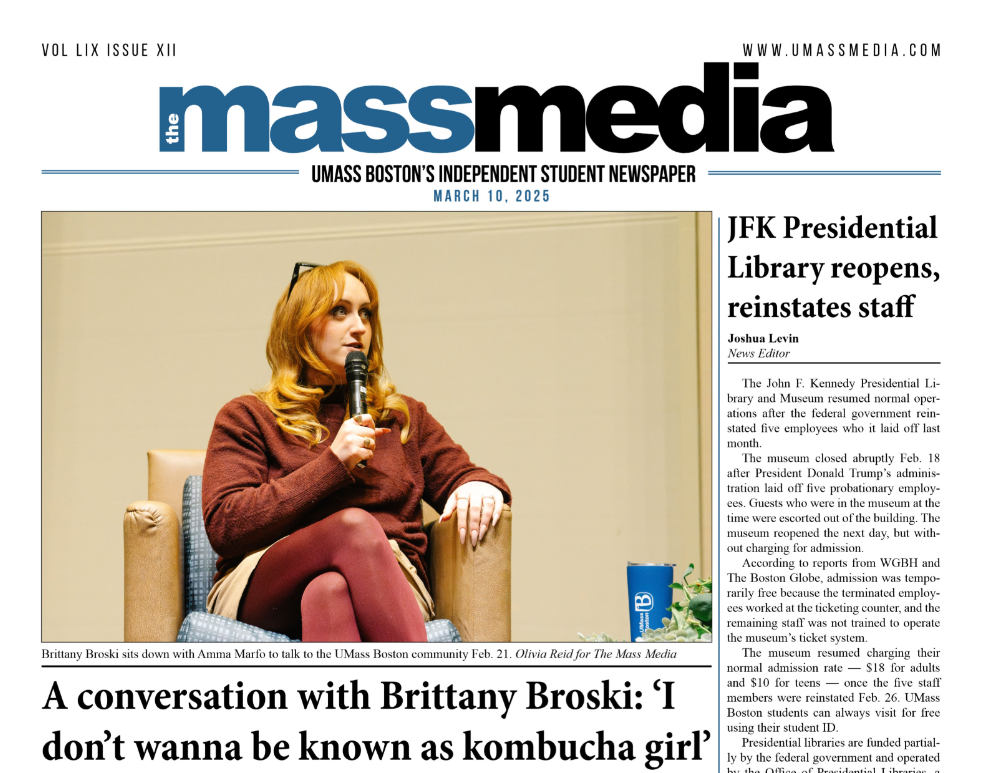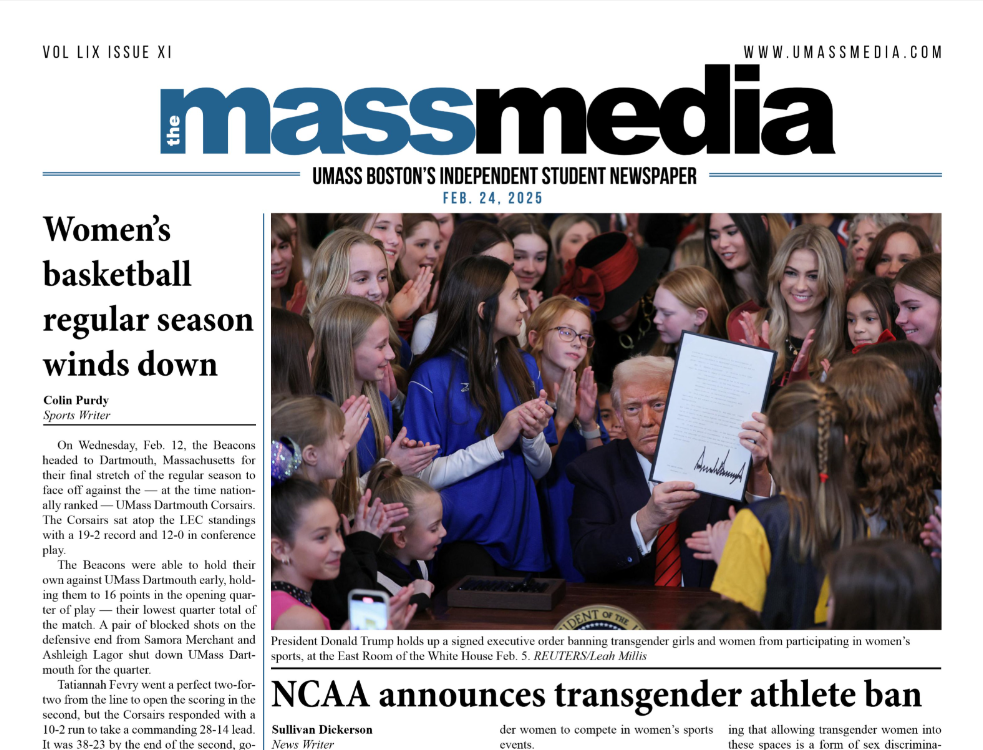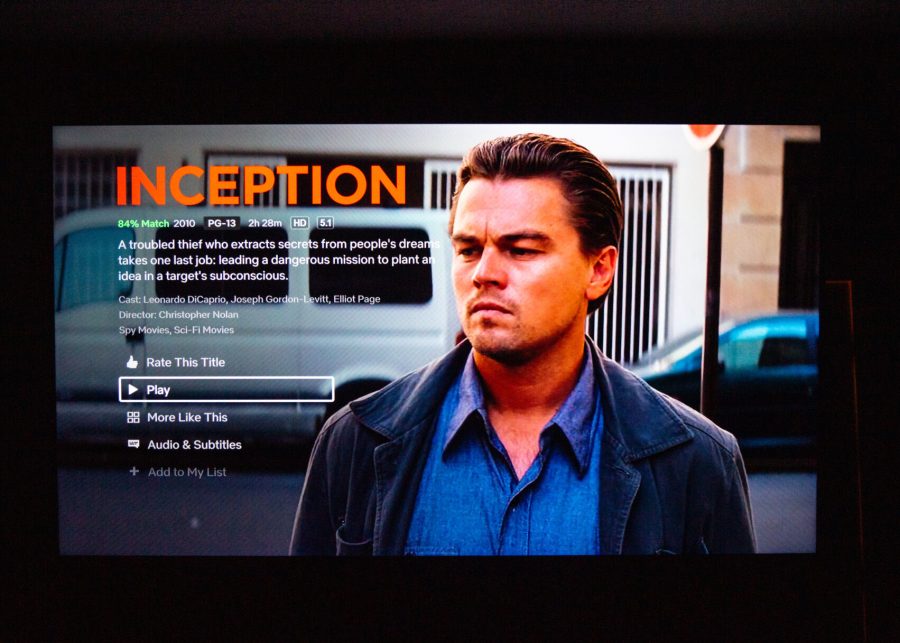Streaming services: a blessing or threat in disguise for modern age media?
Streaming a movie from Netflix. Photo by Mel Berilo / Mass Media Contributor
September 10, 2021
In the wake of the COVID-19 pandemic, streaming services have become more popular than ever before. Between industry staples such as Netflix and Hulu, and up-and-coming sites like HBO Max and Peacock, the ability to find something to watch has become fairly easy. However, this convenience and popularity may pose a sinister threat to the industry as a whole.
Due to the pandemic, standard movie releases in theaters have not been as accessible as they once were. This has opened a new avenue of movie premieres, though, right from the comfort of the viewer’s home. Many streaming services—most notably Disney+ and HBO Max—allow customers to watch new films for a short period of time as many times as they’d like before the films would be removed from the platform and added again at a later date. Though Disney+’s early access is an additional cost—subscribers would pay a one time $30 fee and have access to all of the Premier Access films as they would be released—HBO Max released its films at no additional cost to the subscriber. While this may seem like a great idea in terms of accessibility and appeal, this transition also poses many issues to the media world entirely.
On one hand, the ability to watch a movie anytime allows for more flexibility than the traditional viewing experience. A viewer can start a film when they get a bit of spare time, and pick it up again at a later date, without the concern of setting off two or three hours to watch the movie in theatres. They most likely know that the film will pick up where they left off, and they can continue enjoying the movie like before. Streaming services also allow more accessibility for families, disabled people, and those who work long or atypical days, since they don’t have to be tied to the constraints of a theater’s hours of operation and limited accessibility options.
However, this new world of releases also poses a few problems on a smaller and larger scale for the industry. As movie companies transition towards partially or fully releasing their films on streaming services, the experience of going to the movies can be lost. Though families and individuals can make popcorn and turn down the lights in the comfort of their own homes, it cannot recreate the feeling of settling into the theater and watching the trailers and pre-show content whilst waiting for the movie. For many families, too, going to the movies has often been seen as a reward or a treat, which will be lost if film companies transition towards streaming platform releases.
On a larger scale, the transition towards premieres on streaming services poses a problem for actors and the companies they make their films with. In the past few months, Disney+ has received a large amount of negative attention in regards to the way they have released their recent films, as well as the way these releases impact the contracts the company has placed their actors in. Actors such as Scarlett Johansson, Emma Stone and Emily Blunt have all spoken out about their contracts being violated. As Brent Lang and Rebecca Rubin for Variety write:
“In a lawsuit filed Thursday [July 22] in Los Angeles Superior Court, attorneys for Johansson allege that the star’s contract was breached when the studio opted not to debut the film exclusively in theaters, a move they claim depressed ticket sales for the Avengers spinoff. Much of Johansson’s compensation was tied to the box office performance of ‘Black Widow’—if it hit certain benchmarks, bonuses would kick in.” (1)
Though “Black Widow” excelled in the box office and brought in $80 million on opening weekend in North America alone, as well as another $60 million globally on Disney+ on opening weekend (according to Frank Pallotta from CNN Business), the fact that Disney disregarded the contract provided to their actors in order to possibly make a bit more money still stands.
After Johannson spoke out about the breach of her contract, many other Disney actors began to follow suit. Both Emily Blunt and Emma Stone, who had similar releases and contract woes as Johannson, have been noted as considering the option to join the lawsuit.
On the other end, there are the films attempting to use both streaming platforms and traditional theaters to their advantage. Marvel’s “Shang-Chi and the Legend of the Ten Rings” is implementing a new strategy of releasing the movie in theaters for a period of time and, 45 days after the initial release, the film would be released onto Disney+. Though this model seems to be a great idea in theory—those who are really intrigued or are capable of going to the theater will go whilst it’s in theaters, and those who are less capable or do not have the time to go to the theater can wait until it’s released on Disney+—Disney has come under fire recently for calling this model an “interesting experiment.” As Jacob Sarkisian for Insider writes:
“Chapek had used the word ‘experiment’ during an investor’s call on Aug. 12 when he discussed how ‘Shang-Chi’ and ‘Free Guy’ would be released exclusively in theaters as opposed to both in theaters and on Disney+ like recent movies ‘Black Widow’, ‘Cruella’, and ‘Jungle Cruise’. Referencing ‘Shang-Chi”s 45-day theatrical window, Chapek called the plan ‘an interesting experiment for us.’” He continued, “‘The prospect of being able to take a Marvel title to the service after going theatrical with 45 days will be yet another data point to inform our actions going forward on our titles.’” (2)
Though the concept on its own is relatively harmless, the choice to begin this “experiment” with the first Marvel movie with an Asian lead—out of all of the films that have been pushed out over the course of the past few months—has risen a few eyebrows, including “Shang-Chi”’s star, Simu Liu, who voiced his thoughts on Twitter following Chapek’s call.
“Shang Chi star Simu Liu took to Twitter to voice his objection of Chapek’s use of the word ‘experiment,’ saying: ‘We are not an experiment. We are the underdog; the underestimated. We are the ceiling-breakers. We are the celebration of culture and joy that will persevere after an embattled year. We are the surprise. I’m fired the f–k up to make history on Sept. 3; JOIN US.’” (2)
Whether streaming services dominate the film industry and wipe out the traditional ways of consuming movies, or remain as a secondary option for the fast-paced, ever-changing world, it’s apparent the streaming industry will be in the movie world for years to come.
1. https://www.cnn.com/2021/08/23/media/black-widow-earnings-lawsuit-update/index.html












